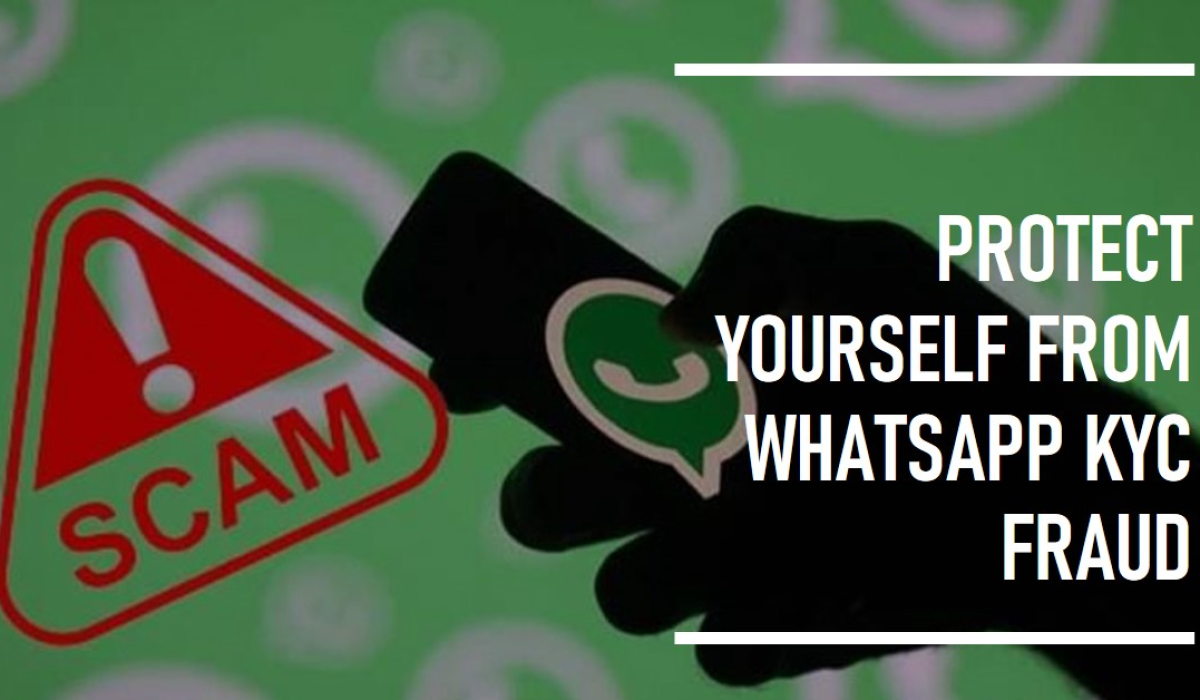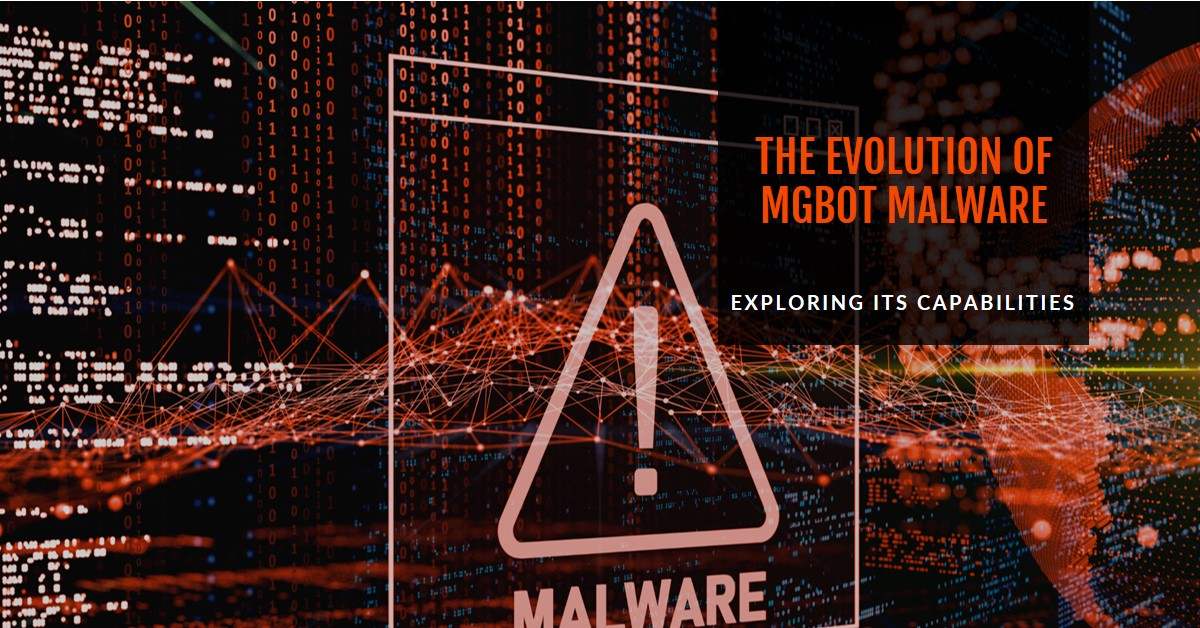In recent weeks, a concerning cyber scam has emerged targeting Union Bank users via WhatsApp. Cybercriminals are exploiting the KYC (Know Your Customer) update process to deceive customers into compromising their financial and personal information. This article aims to shed light on the scam’s modus operandi, its impact, and the steps you can take to protect yourself.
The Scam Unveiled
Union Bank customers have reported receiving WhatsApp messages purportedly from the bank, urging them to update their KYC details. The messages contain a link that, when clicked, grants hackers access to the user’s WhatsApp account. Subsequently, the hackers can initiate fraudulent transactions, leading to unauthorized debits from the victim’s bank account.
the Vulnerability of KYC
While KYC safeguards the financial system, it can also be a target for exploitation. Because the process often involves collecting personal details, it creates an opportunity for scammers to trick users into revealing sensitive information. By understanding both the importance and vulnerability of KYC, you’ll be better equipped to identify and avoid these scams.
How the Scam Works
- Deceptive Message: You get a WhatsApp message that looks like it’s from Union Bank. It might say your account needs a KYC update or will be closed if you don’t act fast.
- Malicious Link: The message includes a link that, when clicked, compromises the victim’s WhatsApp account. And also the message will likely have a link for you to “fix” the problem. Don’t click it! Clicking the link takes you to a fake website.
- Unauthorized Transactions: With control over the WhatsApp account, hackers can deceive contacts or initiate financial transactions directly from the victim’s linked bank accounts.
- Fake Website: This fake website looks like Union Bank’s real login page. If you enter your information here, the scammers steal it.
- Stolen Money: With your login details, they can log in to your account and steal your money!
The Broader Context
This fake Union Bank message is just one example of a bigger problem. Scammers are increasingly using KYC (Know Your Customer) updates as a way to trick people.
Here’s why:
- KYC is important: Banks need to verify your identity to keep your money safe.
- It involves personal info: Scammers know this and use it to make their messages seem real.
- They use different tricks: These scams aren’t limited to WhatsApp. They might also come as emails, texts (called smishing), or even fake phone calls (phishing).
How to Protect Yourself
Being aware of the scam is half the battle. Here’s how to protect yourself:
- Double Check Everything: If a message says your account needs a KYC update, call your bank directly (using the number on your bank statement) to confirm it’s real. Never trust a link in a message!
- Links are Bait: Avoid clicking on any links in suspicious messages, no matter how real they seem. Clicking them takes you to a fake website.
- Double Security is Best: Turn on two-factor authentication (2FA) for both your WhatsApp and bank accounts. This adds an extra step when logging in, making it harder for scammers to steal your info even if they trick you.
- Report the Crime: If you get a suspicious message, report it to your bank’s security team and the authorities. This helps stop them from scamming others.
What Banks Are Doing
Banks, including Union Bank, have been proactive in warning customers about such scams. They advise against sharing personal information over unsolicited calls, messages, or emails. Financial institutions are also working on enhancing their security measures and educating customers about the importance of vigilance in online interactions.
While these scams can be scary, know that banks are working hard to protect you. Here’s what they’re doing:
- Spreading Awareness: Banks like Union Bank actively warn customers about scams through their websites, social media, and even email alerts. They want you to be informed!
- Building Stronger Defenses: Banks are constantly improving their security measures. This includes things like better fraud detection systems and stronger encryption to keep your information safe.
Even though banks are fighting back, it’s still important to be cautious. By following the tips above, you can stay safe and keep your money out of the hands of scammers.
Stay Alert and Your Money Stays Safe
Scammers are always coming up with new tricks, but by staying informed and cautious, you can protect yourself. Remember:
- Be Vigilant: Don’t let fear or urgency cloud your judgment. Always double-check before taking any action based on a message.
- Knowledge is Power: The more you know about scams, the easier it is to spot them.
- Fight Back: Report suspicious messages to your bank and authorities. This helps stop them from scamming others.
Want to Learn More?
If you’d like to deep-dive into KYC fraud prevention, check out these resources:





